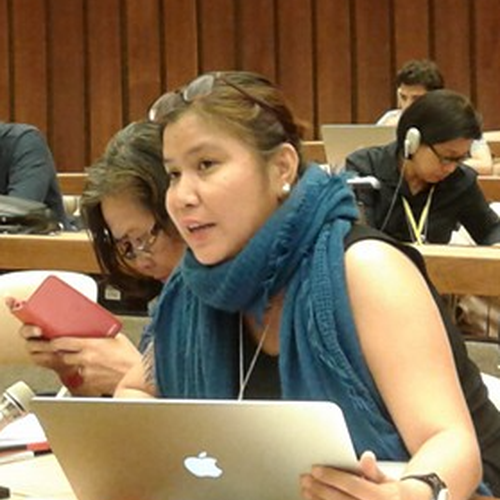This article was published more than 4 years ago.
When a woman stands up for her rights, an entire community is uplifted. In honor of International Women’s Day, we’re spotlighting five extraordinary women working to bring equality and justice to their communities. Their activism is challenging the expectations and limitations placed on girls and women worldwide and courageously addressing societal issues that affect us all.
Amplifying Women Activists’ Voices
In northernwestern Guatemala, a collective of six Indigenous communities called Consejo Wuxhtaj develop strategies to protect land and local natural resources from corporate mining and exploitative development projects. Their work both reflects and strives to preserve their Mayan culture and values. Women have an invaluable role to play in this activist movement but haven’t always been invited to the table as leaders. Juanita Toledo is changing that.
Juanita leads Consejo Wuxhtaj’s women initiative, ensuring that women help make decisions both in the environmental justice collective and at home in their own communities. Her work is paying off: as of 2019, the group had achieved gender parity within their general counsel. And several women from Consejo Wuxhtaj now also advise ESCR-Net, a leading global activist network, helping Indigenous women’s voices shape international human rights movements across the world. The Fund has proudly supported Consejo Wuxhtaj since 2014.
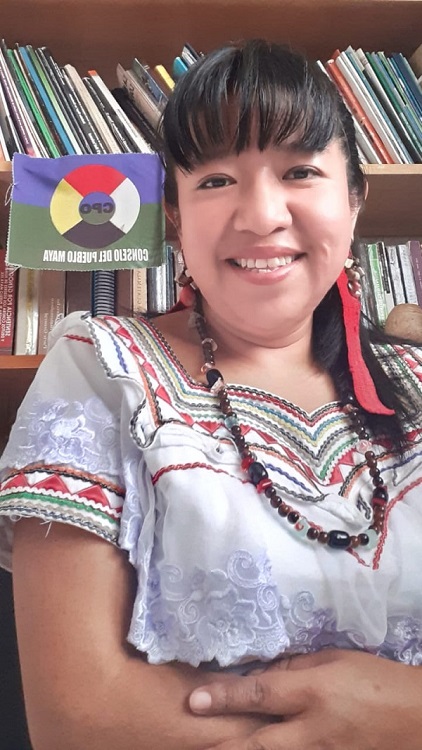
Working to End Gender-Based Violence
Sexual and gender-based violence (SGBV) is endemic in Liberia. Yet, in 2019, only 2 percent of rape cases resulted in convictions. Last year, young women and their allies decided they’d had enough. In September 2020, after three days of protests organized by youth-led groups, the government finally declared rape a national emergency and committed to strengthening survivor resources and reforming the justice system.
One of the leading voices speaking out against SBGV is Satta Sheriff, the founding director of Action for Justice and Human Rights (AJHR). The group focuses on providing survivors with information and support and challenging the social norms that have condoned violence against girls and women. For her work, Satta has been recognized by the UN as one of 17 global youth ambassadors for the Sustainable Development Goals. The Fund has supported AJHR since 2019.
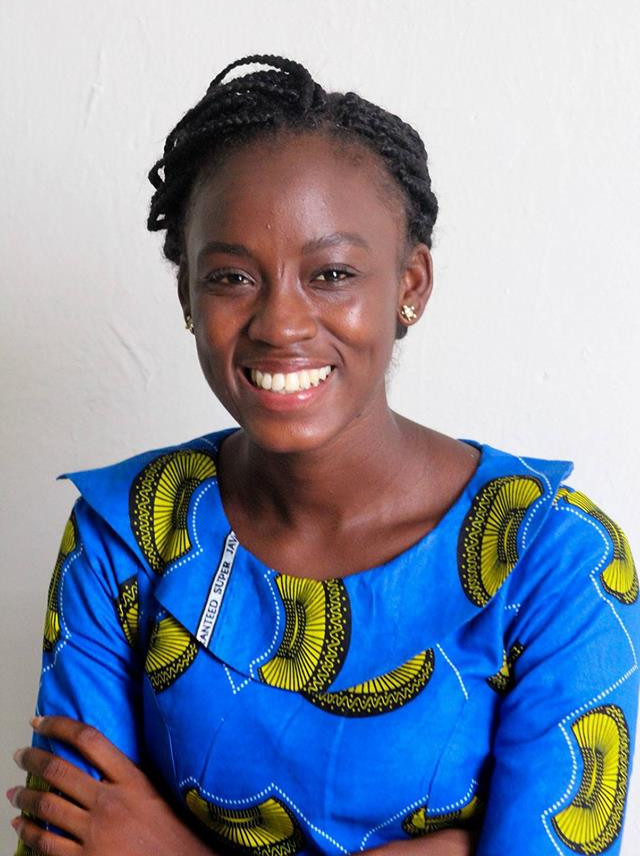
Ending Police Brutality
In Kenya, police who injure or murder civilian face few or no repercussions. People who dare to speak out against their brutal tactics often endure intimidation or threats. But when Christine’s husband was killed by police 10 years ago, she channeled her grief into activism.
Christine started a local women’s organization that supports the families of others killed by police, connecting them with the resources they need to pursue justice and to heal. They also began working to deradicalize people who had turned to al-Shabaab or other extremist groups out of mistrust of government security forces. The obstacles they face in changing policies and minds are great, but Christine is undaunted. And she has her own league of superheroes behind her—she is a member of the Fund-supported Kilifi County Civil Society Network, a coalition of human rights defenders along Kenya’s coast who come together to train and share resources for working in a particularly challenging environment. Through the network, Christine and her group have been able to strategize with other activists and find solidarity and security in tackling such sensitive issues.
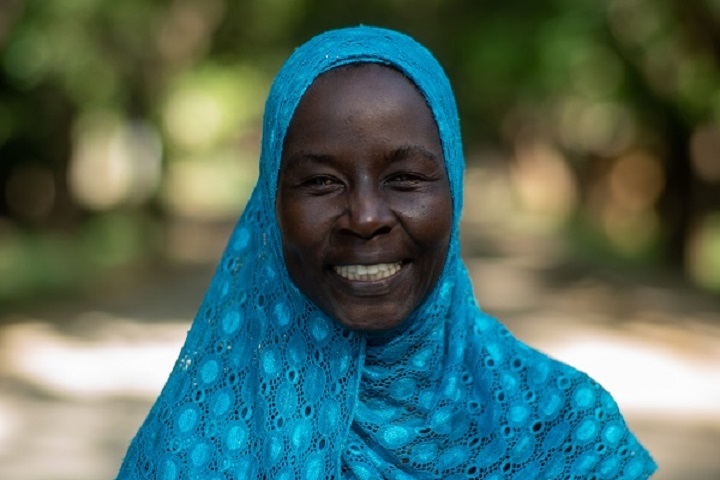
Protecting Vulnerable Migrants
More than 100,000 people arrived at the European Union’s borders as migrants in 2019. One of the leading organizations looking out for their rights and lives is Migreurop, a Paris-based network of 51 associations and 52 individuals, including activists and researchers, working across 17 countries in Europe, Africa, and the Middle East. Their aim is to build a case for more humane asylum and immigration policies in the EU. Working to coordinate these efforts is Brigitte Espuche, who brings more than 15 years of expertise in migrancy issues to her role advocating for improved EU border policies. She works to foster collaboration within the network, support data gathering, and build awareness among EU citizens about the rights violations occurring at their borders.
Recently, Brigitte has focused on two critical actions for securing migrants’ rights. The first is providing tools to help educate Europeans about how agencies pledging to protect migrants often neglect their rights and safety. The second is helping push back against the criminalization of fellow activists who dare speak out in defense of vulnerable people seeking a better life for themselves and their families.
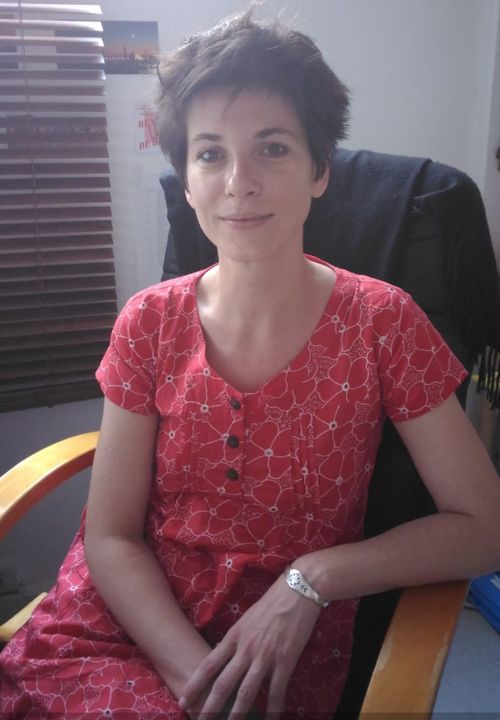
Supporting Domestic Violence Survivors
In the Philippines, 1 in 4 women between the ages of 15 and 49 experience physical, sexual, or emotional violence by a partner. Stigma and discouragement around reporting create barriers to justice for survivors, particularly for women living in poverty or in rural communities. Local administrations, called barangay, are usually dominated by men and often consider domestic violence to be a private family matter. Enter Jelen Paclarin, executive director of the Women’s Legal and Human Rights Bureau (WLB), a group of lawyers and social workers dedicated to advancing women’s rights.
Jelen and her feminist colleagues provide education and training to grassroots women’s groups and activists across the country, including in Negros Occidental, Quezon, Samar, and Zambales provinces, aiming to open the doors of justice to all Filipino women. They advocate for gender equality across all government policies. And during the COVID-19 pandemic, they’ve worked to tackle hunger, economic insecurity, and mental health to curb rising violence against women. The Fund has supported WLB since 2008.
